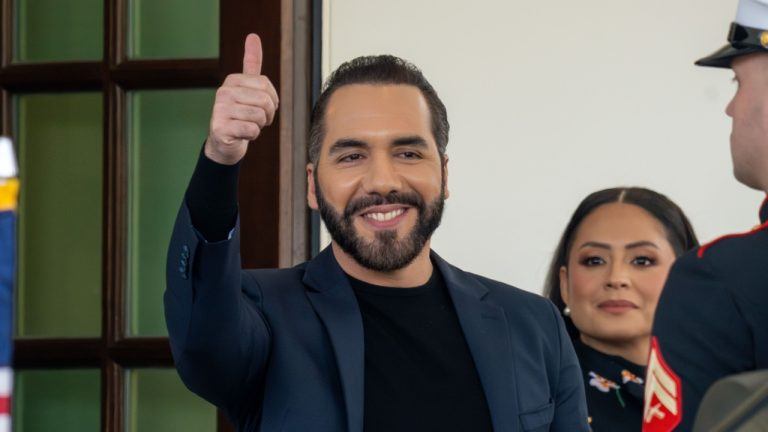
The Salvadoran Legislative Assembly, under the influence of President Nayib Bukele, recently approved a controversial reform that permits the president to seek re-election indefinitely. This move has sparked both support and criticism within the country and drawn comparisons to similar actions taken by former Venezuelan leader Hugo Chávez.
President Bukele, a charismatic and popular figure in El Salvador, has consolidated power since taking office in 2019. With his party, Nuevas Ideas, holding a strong majority in the Legislative Assembly, he has been able to push through various reforms and initiatives. The latest reform, which allows for unlimited presidential re-election, has raised concerns among some observers about the concentration of power in the hands of one individual.
Supporters of the reform argue that it provides stability and continuity in governance, allowing Bukele to continue his agenda of reforms and development projects. They point to his high approval ratings and the positive changes he has brought to the country, such as the adoption of Bitcoin as legal tender and various social programs.
However, critics fear that the reform could lead to a consolidation of power and undermine democratic principles in El Salvador. They warn that allowing a president to seek re-election indefinitely could lead to authoritarianism and a lack of accountability. The comparison to Hugo Chávez, who extended his rule in Venezuela through similar means, has raised red flags for many who are wary of the potential consequences.
The reform comes at a time when El Salvador is already facing challenges on multiple fronts, including economic instability, high levels of violence, and concerns about the government's commitment to human rights and democracy. The prospect of a president being able to stay in power indefinitely adds another layer of uncertainty to the country's future.
The international community has also been closely watching the developments in El Salvador, with some expressing concerns about the implications of the reform for the country's democratic institutions. Organizations such as the Organization of American States (OAS) and human rights groups have called for respect for the rule of law and democratic norms in the country.
As El Salvador moves forward with this reform, the debate over the balance between stability and democracy is likely to intensify. The long-term implications of allowing indefinite re-election for the president remain to be seen, but the controversy surrounding the issue underscores the importance of safeguarding democratic principles in the country.

Leave a Reply